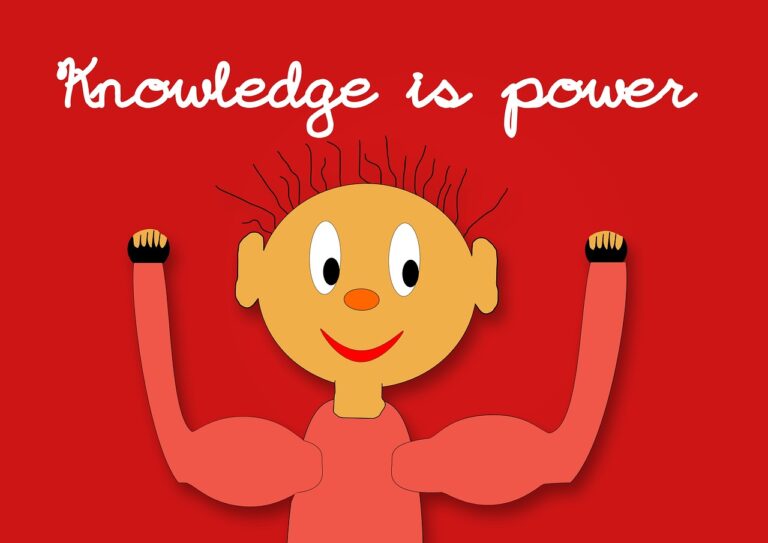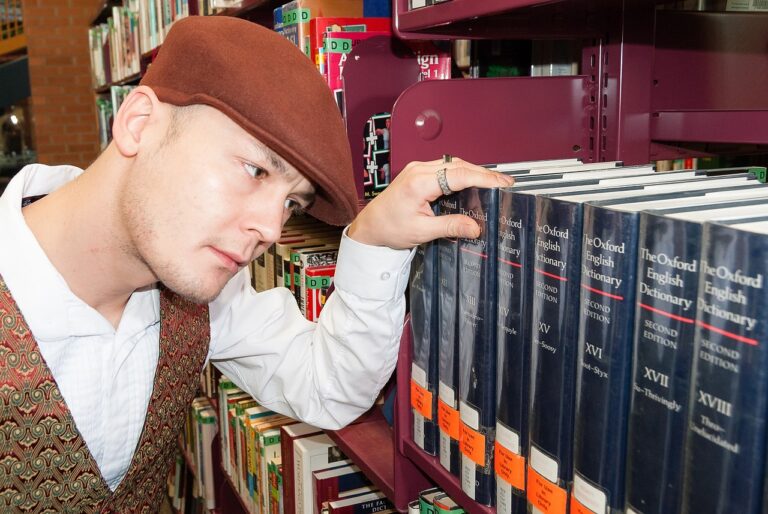The Importance of Social-Emotional Learning in Music Education
Social-emotional learning in music education has been found to have numerous benefits for students of all ages. Through music, individuals are able to express and regulate their emotions, fostering a deeper understanding of themselves and others. This process enhances emotional intelligence and empathy, crucial skills for navigating interpersonal relationships and developing a sense of community.
Furthermore, the collaborative nature of music-making promotes teamwork and cooperation among students. By working together towards a common goal, individuals learn to communicate effectively, listen attentively, and respect different perspectives. These skills are transferable to various aspects of life and are essential for success in the 21st century workforce.
Developing Empathy Through Music
Music has a unique ability to evoke emotions and connect individuals on a deeper level. Through the process of creating music or listening to music, students in music education programs can develop a greater sense of empathy towards others. When students are encouraged to express themselves through music, they become more attuned to the emotions of those around them. This heightened awareness fosters a sense of compassion and understanding, leading to increased empathy in their interactions with peers and the wider community.
In music education, students often collaborate in ensembles or group performances, where they must actively listen and respond to each other’s contributions. This collaborative aspect of music-making encourages students to consider others’ perspectives and experiences, promoting empathy and respect for differing viewpoints. By working together towards a shared musical goal, students learn to communicate effectively, listen attentively, and support one another, ultimately cultivating a more empathetic and harmonious learning environment.
• Music has a unique ability to evoke emotions and connect individuals on a deeper level
• Creating music or listening to music can help students develop empathy towards others
• Expressing themselves through music makes students more attuned to the emotions of those around them
• Collaborating in ensembles encourages students to consider others’ perspectives and promotes empathy
• Working together towards a shared musical goal helps students communicate effectively, listen attentively, and support one another
Enhancing Communication Skills in Music Education
Music education serves as a powerful platform for enhancing communication skills among students of all ages. As individuals engage with music, they are not only learning to play an instrument or sing, but they are also developing the capacity to communicate effectively through a non-verbal medium. The ability to convey emotions, thoughts, and ideas through music requires a unique form of communication that encourages students to express themselves in ways that transcend language barriers.
Furthermore, participating in group musical activities such as band, choir, or ensemble performances fosters collaboration and teamwork among students. Through these shared experiences, students learn to communicate and coordinate with their peers, leading to the development of strong interpersonal skills. Moreover, the act of making music together cultivates a sense of unity and cohesion within the group, creating a supportive environment where effective communication thrives.
How can social-emotional learning benefit students in music education?
Social-emotional learning in music education can help students develop important skills such as empathy, teamwork, and communication, which are essential for their personal and academic growth.
How can empathy be developed through music?
Empathy can be developed through music by encouraging students to connect with the emotions expressed in music and understand different perspectives and experiences. This can help them develop a deeper understanding of themselves and others.
What are some ways to enhance communication skills in music education?
Some ways to enhance communication skills in music education include group collaborations, ensemble performances, and discussions about musical interpretations. These activities can help students learn how to effectively communicate with their peers and express themselves through music.
How can music education help students improve their confidence in communication?
Music education can help students improve their confidence in communication by providing them with opportunities to practice speaking in front of an audience, receiving feedback from peers and instructors, and expressing themselves through music. These experiences can help students build their confidence and develop their communication skills.







